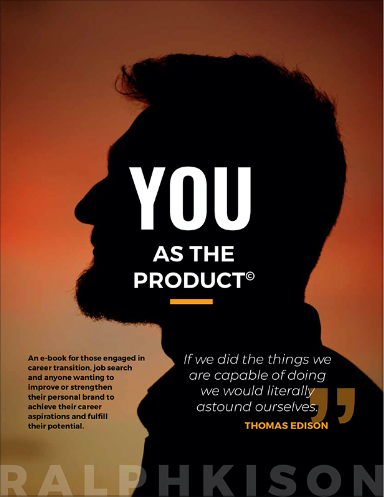Have you ever been in a meeting with a prospective client where they tell you they love what you’re proposing, and want to work with you, and then state your price is too high? And then they add that if you can just do something about the fee/price/cost, then I’m sure we can make this work.
Sometimes this is a legitimate request because of existing budgets or financial restrictions, or if your product or service is something they now realize they want, or need, but the purchase was unplanned.
Too often though it’s the starting point for negotiations. This is where you must decide if you want to participate and how the process will unfold. I’ve certainly been in that position and it’s not comfortable or fun.
Let me share with you how I applied the following strategy with a building products distribution firm that became a major client for me for many years.
It all began as a referral from someone I took a marketing class with at college. My former classmate made the introduction to the firm’s senior managers.
At the time, they were considering two other training firms. I had to get the interview, presentation, and proposal stages right if I was to stand a chance at securing the contract.
I applied my Sales Diamond™ process and conducted a thorough qualify and discovery assessment and submitted a proposal that addressed everything they wanted.
Nailed it – the client liked it all! However, to proceed, they wanted to discuss reducing the fee – aka “negotiate”.
Here was my predicament. Drop the fee and “win” the contract or stand by the proposed cost which appropriately reflected the value of my services and expertise. My response was simple – “the only way we can bring the number down is to remove something – what do you want to take out?” “Nothing”, was the response. They wanted what I proposed.
Yes, there was a bit of back and forth to test my limits, but I held firm on the value that my program would provide and impact it would have on his team and eventually they accepted the fee and terms and signed the contract.
Now, here’s where it gets interesting. A few months later, we were having dinner at a restaurant after we had spent the day working on the program design and implementation strategy. The Sales Director looked at me and said “Ralph, remember when I asked you to lower your fees in order to secure the contract?” I said, “Oh yes – I remember.” He then proceeded to tell me that if I had not held firm on my fee and negotiated on value, he would not have selected me.
Here’s the “moral of the story” – he did not want someone who could not sell the value of his own services and their positive impact, to teach his staff how to sell the value of their products, services, and expertise.
I was growing my business, and this was the perfect lesson I needed to learn. This was a critical win for me as I was entering the training sector and by securing a national client, I demonstrated that I could compete with larger national firms and deliver high quality training. What started off as a modest contract, evolved into a major client and years of repeat business and a great source of referrals which continue to this day.
You may be able to relate to my story. Perhaps you have applied my approach, and it worked. Perhaps you gave in to the client’s request, got the work by lowering your fee or costs and then struggled to make a profit and ended up resenting the client and being angry at yourself for being outsold by the customer.
I hope you can learn from my lesson and apply my approach to your business. It takes confidence, a genuine knowledge of your value, and a belief that what you are offering will have a positive impact on the client’s company. When you do, you will not only feel better about yourself, but you will attract clients that respect you and respect the value of what you are providing.
Let me leave you with some thoughts to assist you to apply this to your own situation.
Key Attributes to Secure Work Based on Value
- Create rapport and positive dialogue to build trust with buyers.
- Be prepared to lose some work.
- Saying “no” to bad business is smart.
- Don’t position yourself as a commodity, rather as a strategic partner and trusted advisor.
- Do not flinch when presenting the numbers. If you don’t present them with confidence, the client may try to capitalize on any sense of doubt or weakness on your part.
- Know your value and positive impact of what you are providing in quantitative and qualitative terms.
- Results that can’t be measured solely in quantitative terms like dollars, percentages, and calculations sometimes have more impact and deliver higher intrinsic value.



Recent Comments